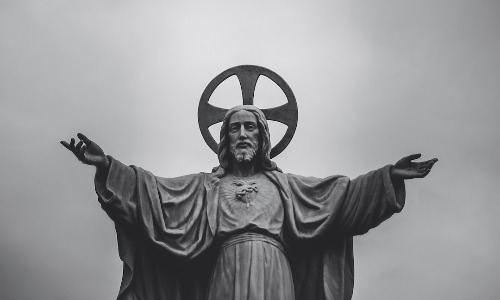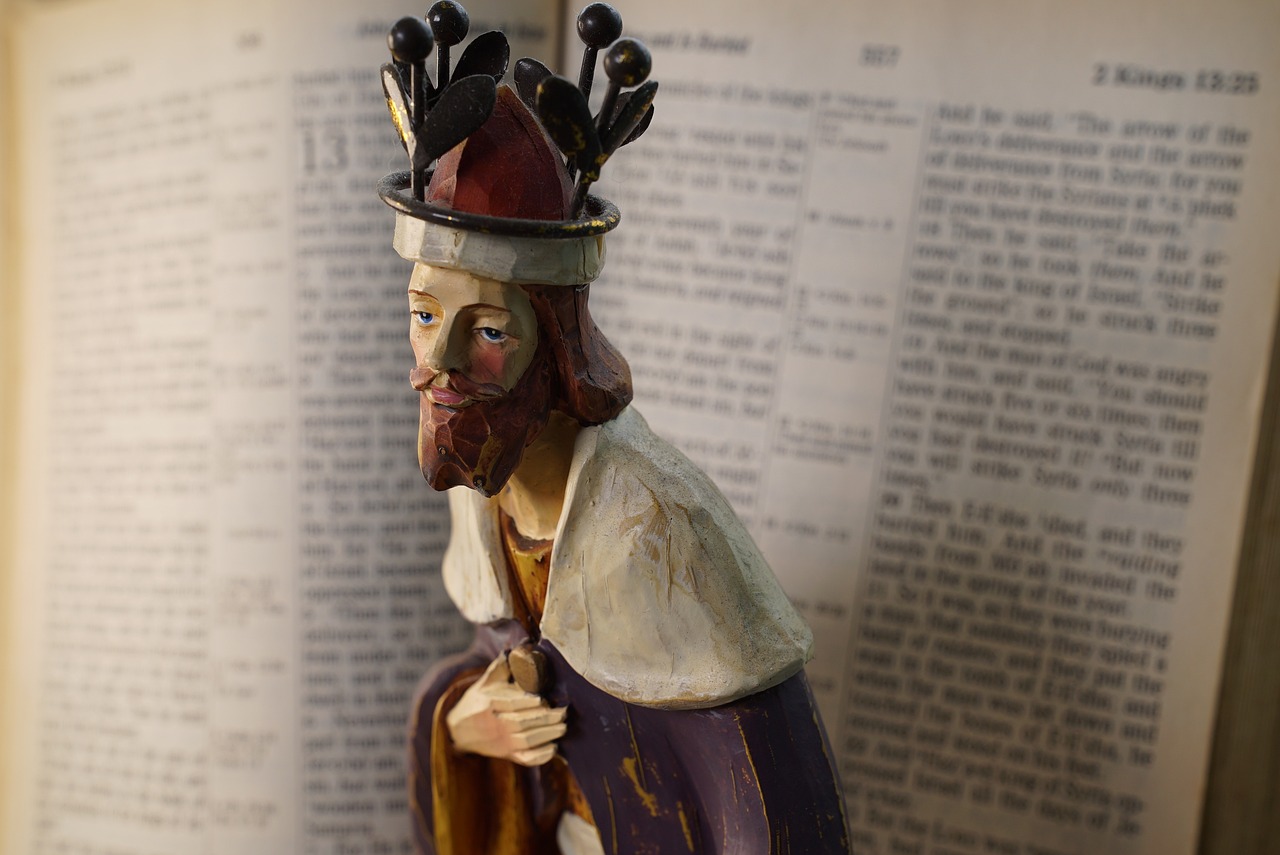In Genesis 42, we continue the journey of Joseph and his brothers. The story takes us to a time when famine has struck the land, and Joseph, who is now the second-in-command over all of Egypt, oversees the distribution of grain. It is during this time that Joseph’s brothers, the sons of Jacob, come to Egypt to buy food.
Now, there is a profound link between Genesis 42 and the Messianic Jesus. To understand this connection, we need to look at the overarching themes and symbolism that are present in the events of this chapter.
First, we see a theme of redemption and forgiveness. Joseph’s brothers, who had sold him into slavery out of jealousy many years ago, now stand before him, unaware of his true identity. Joseph, on the other hand, recognizes them instantly. He uses this opportunity to test the sincerity of their hearts and to see if they have changed.
At this point, we can draw a parallel to Jesus, the Messiah. Just as Joseph’s brothers were guilty of betraying him, humanity was guilty of betraying God through sin. But rather than seeking revenge, both Joseph and Jesus show a remarkable capacity for forgiveness and redemption. They both have the power and authority to punish, yet they choose mercy and reconciliation instead.
Furthermore, in Genesis 42, we also see a theme of revelation and concealment. Joseph conceals his true identity from his brothers, speaking through an interpreter and treating them harshly. It is only through a series of events and tests that Joseph eventually reveals himself to them.
Similarly, Jesus, during his earthly ministry, often spoke in parables and used various methods to reveal his true identity as the Messiah. He concealed the full extent of his divinity to the unsuspecting crowds, revealing it only to those with sincere hearts and a willingness to seek the truth. Just as Joseph eventually unveiled his true self to his brothers, Jesus would fully reveal his divine nature and mission to his disciples.
Moreover, in Genesis 42, there is a strong emphasis on the need for repentance. When Joseph’s brothers perceive that they are facing retribution for their wrongdoing, they feel a deep remorse for their past actions. Their consciences are awakened, and they acknowledge their guilt before Joseph.
In a similar way, the message of the Messianic Jesus is one of repentance and turning away from sin. Jesus calls humanity to recognize their need for forgiveness and to turn their hearts towards him. Just as Joseph’s brothers had to confront their guilt and seek repentance, so too must all individuals acknowledge their shortcomings and seek reconciliation with God.
Additionally, a significant link to the Messianic Jesus can be seen in the actions of Joseph towards his brothers. Joseph, after revealing himself, warmly embraces his brothers and reassures them of his forgiveness. He provides for them during the famine and ensures their well-being.
Likewise, Jesus, as the Messiah, offers an invitation of grace and salvation to all who come to him. He invites us to experience his love, forgiveness, and provision. Just as Joseph took care of his brothers’ physical needs, Jesus takes care of our spiritual and emotional needs, offering us eternal life and a restored relationship with God.
Overall, Genesis 42 serves as a powerful precursor to the Messianic Jesus. Through the themes of forgiveness, revelation, repentance, and provision, we see striking parallels to the nature and ministry of Jesus. This chapter ultimately points us to the transformative power of forgiveness, redemption, and the all-encompassing love that is found in the Messianic figure of Jesus Christ.
#Genesis42 #MessianicJesus #forgiveness #redemption #revelation #repentance #reconciliation #symbolism #biblicalparallels #Josephandhisbrothers #Jesus’ministry #transformativepower #love #grace #biblicalnarratives #divinerevelation #spiritualgrowth #parablesofJesus #forgivenessjourney #redemptivelove #eternalredemption #repentanceandforgiveness #God’sprovision #salvationmessage #divineforgiveness



